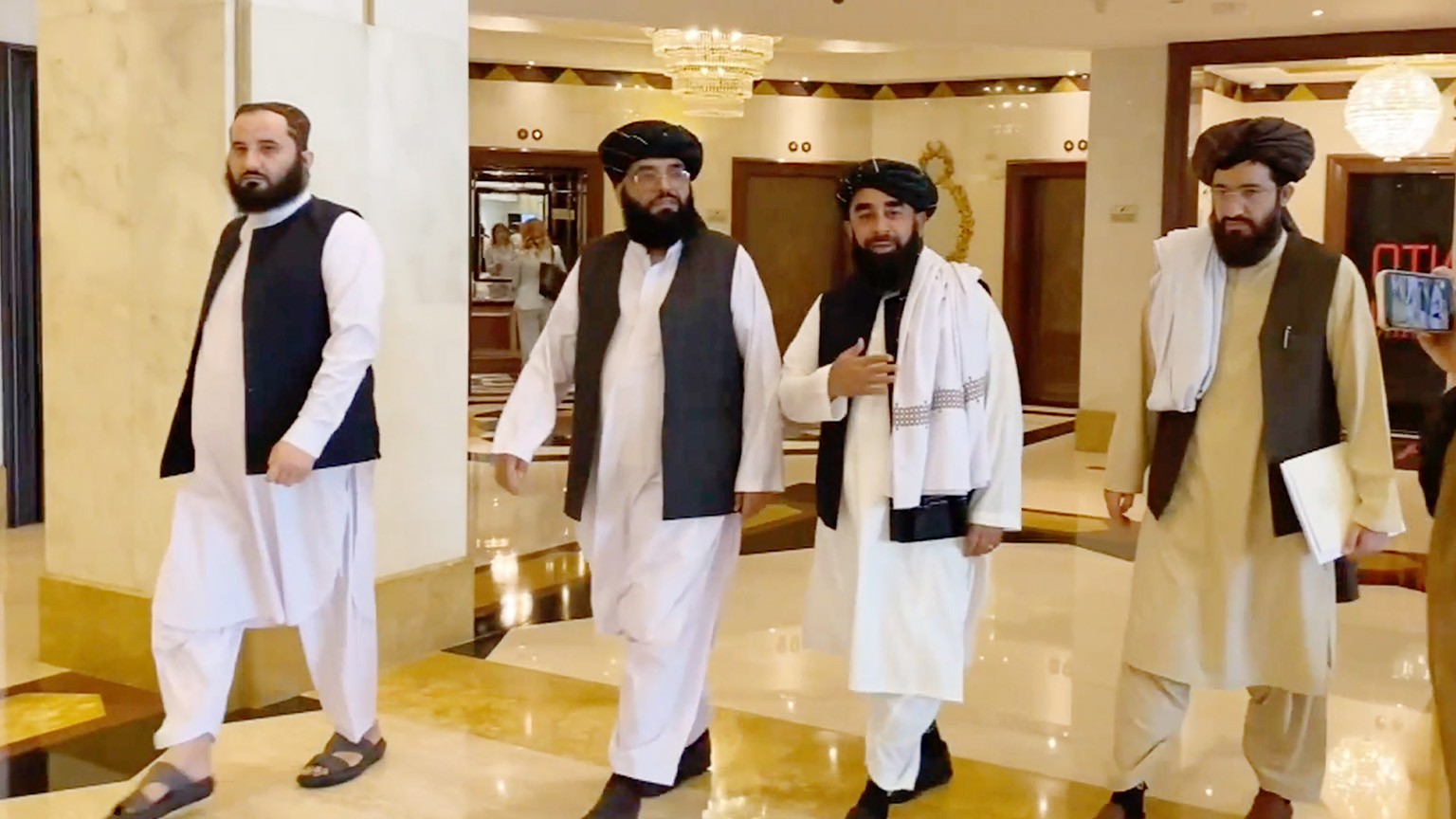The Taliban delegation, which includes spokesperson Zabihullah Mujahid, arrived on Sunday at the conference venue in the Qatari capital Doha. "We should all work together to address Afghanistan's challenges," said Suhail Shaheen, Taliban's Head of Political Office in Doha.
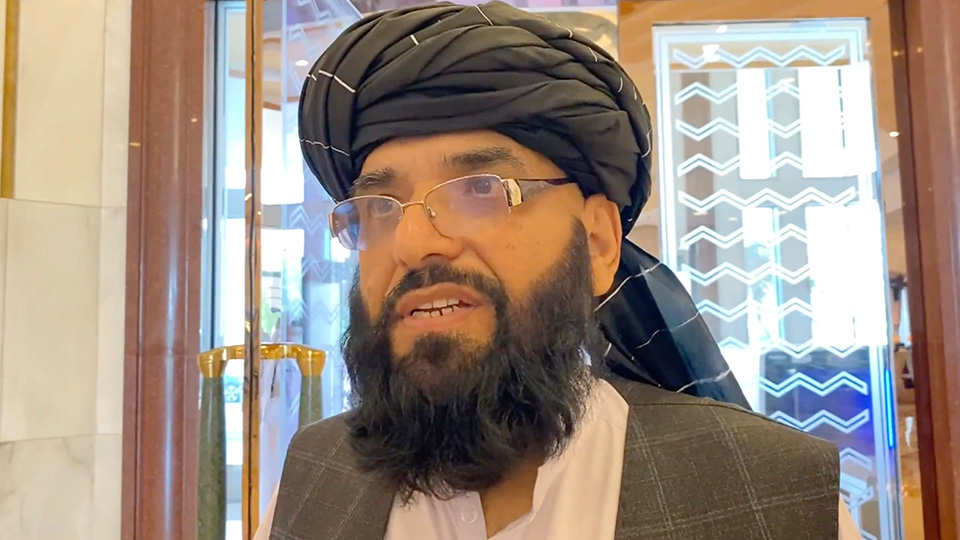
UN Under-Secretary-General Rosemary DiCarlo and officials in charge of Afghan issues from more than 20 nations, including those from Europe, the United States and Japan, are participating in the two-day dialogue.
Since the Taliban returned to power in August, 2021, no country has recognized the group's interim government over issues such as human rights. They are tightening restrictions on keeping women from working and getting an education. Under Taliban rule, women are not allowed to receive an education beyond elementary school.
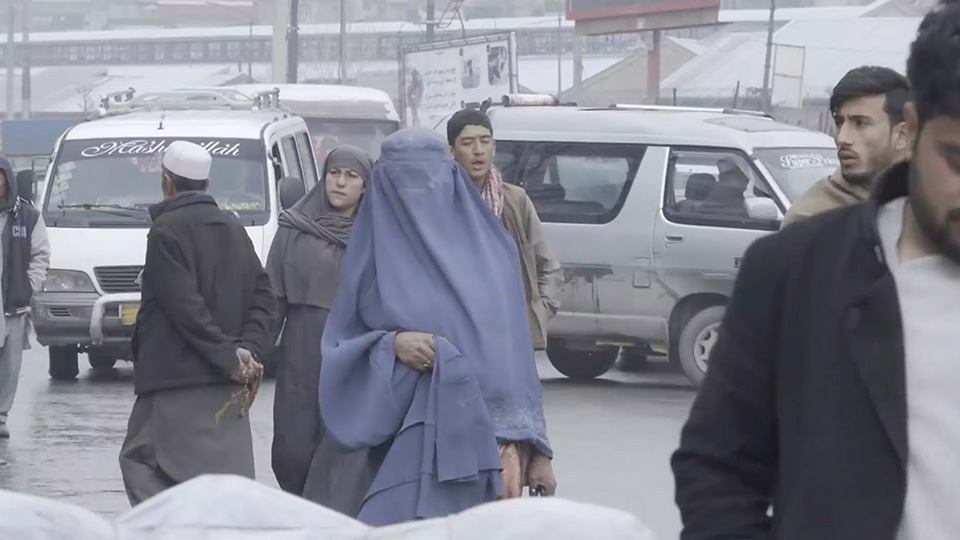
China eyeing Afghanistan's natural resources
But neighboring China and Russia have been strengthening ties with Afghanistan.
Last September, China appointed a new ambassador to Kabul, and the Taliban's interim government also sent an ambassador to Beijing two months later.
China has called for the lifting of a freeze on overseas assets of the Afghan central bank.
Aoki Kenta, executive research fellow at the Middle East Institute of Japan, says Beijing may be eyeing the development of Afghanistan's natural resources as part of its Belt and Road initiative.

In Kabul, a large-scale urban development project to build homes and parks is underway with China's support. At a ceremony, the acting minister of development and housing of the Taliban interim government praised China's stance, saying, "We tried to approach former support countries, but China was the only one that helped us."
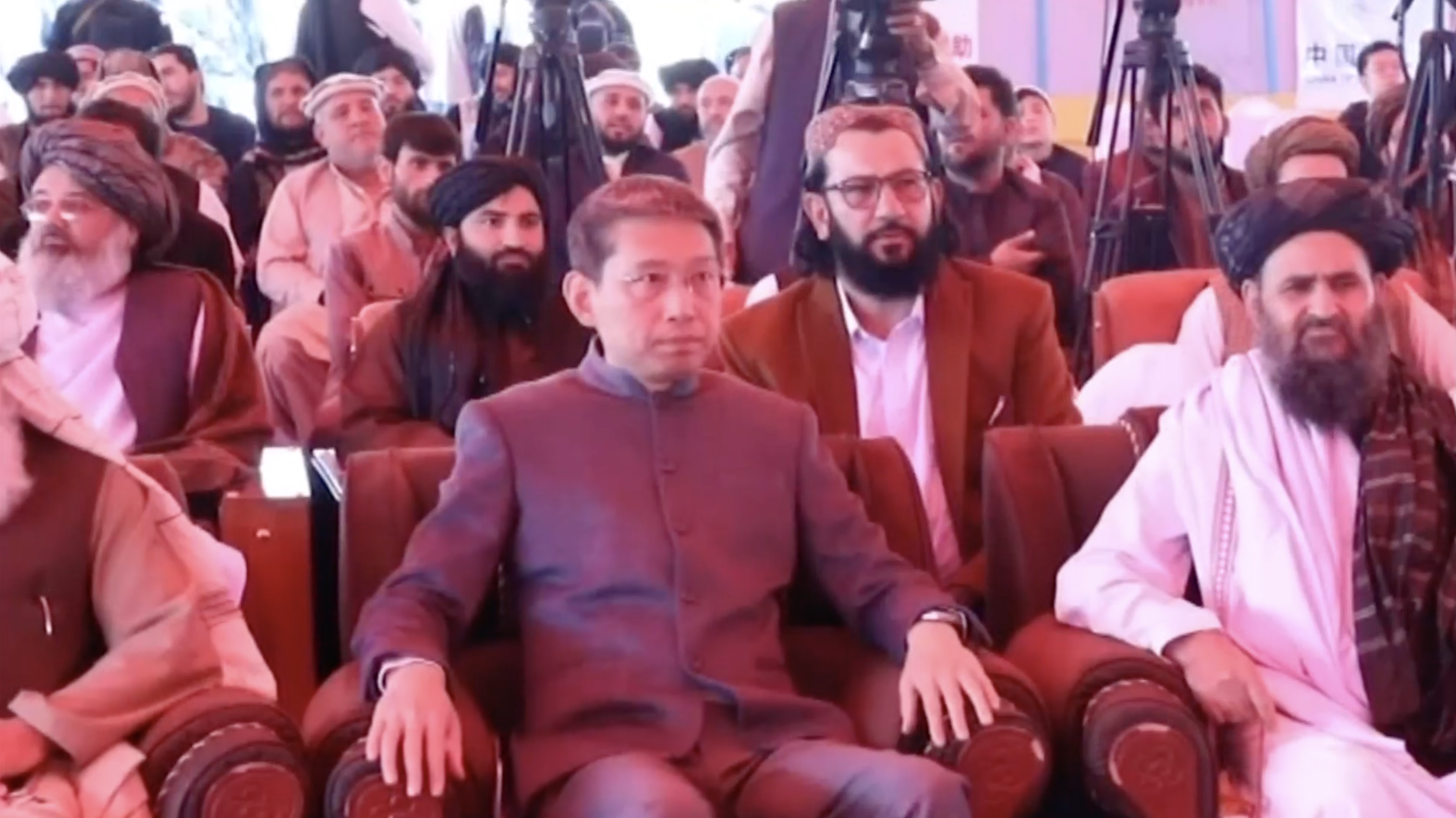
An industrial trade fair held in Afghanistan in May attracted many local companies involved in urban development projects and leisure facilities with Chinese firms.
An employee at a steel company told NHK that he is grateful for China's investment and support.
Russia seeks cooperation on anti-terror measures
Moscow is also showing a flexible stance with the Taliban.
Aoki says Russia is aiming to deepen cooperation on anti-terror measures as Russia faces an increasing threat from the Islamic State (IS) militant group.
In 2003, Moscow designated the Taliban as a terrorist organization. But Russian media have reported that the country's foreign and justice ministries are urging President Vladimir Putin to remove the group from the list of banned organizations.
In May, Putin said Russia should build relations with the Taliban as they hold control of Afghanistan, stressing the need to strengthen ties in line with reality.
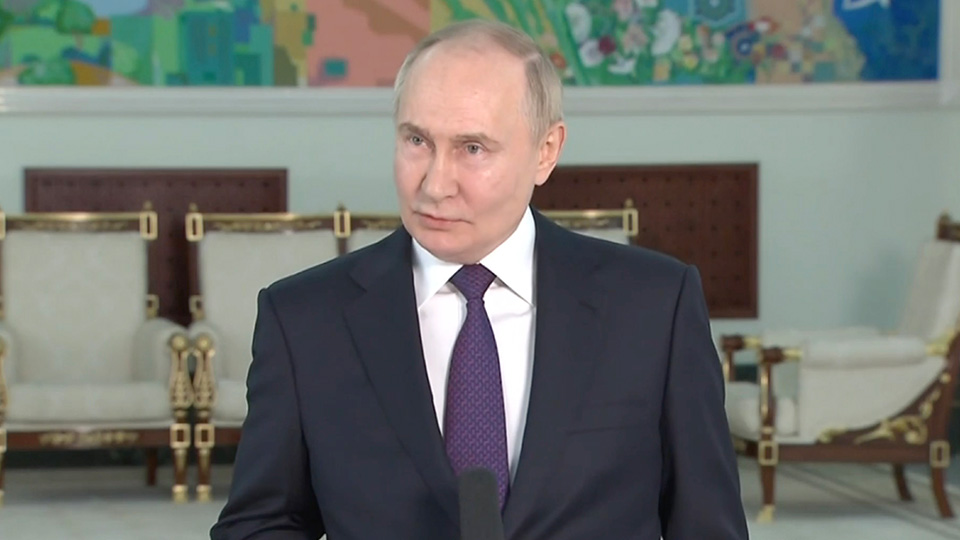
It comes as Russia has faced a series of deadly incidents.
On March 22, more than 140 people were killed at a concert hall in the outskirts of Moscow. An Islamic State group claimed responsibility. Four Tajik nationals were charged for carrying it out.
Last month, 21 people were killed in Russia's southern republic of Dagestan in attacks by armed groups against multiple facilities, including Russian Orthodox churches and synagogues. There are reports that supporters of a local organization affiliated with the Islamic State group praised the attacks on social media.
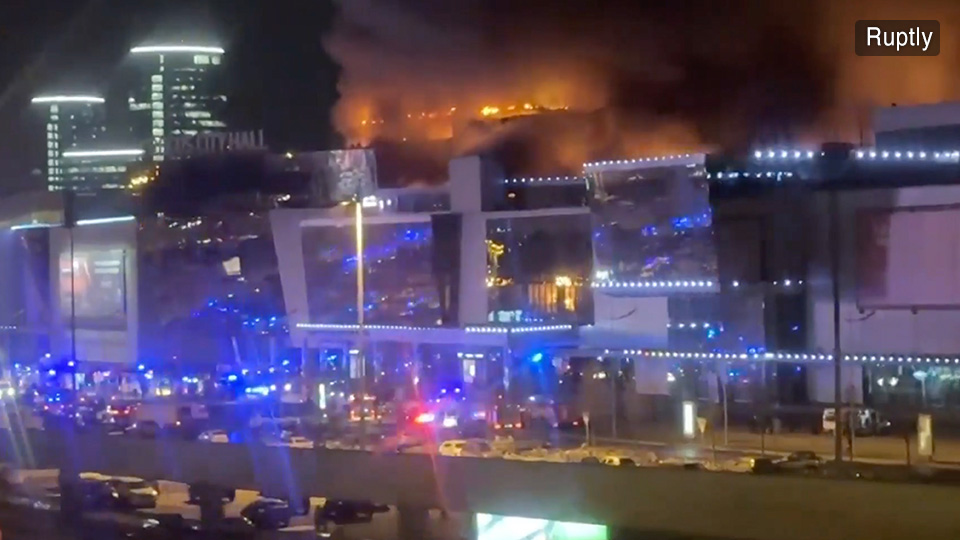
Aoki says, for Russia, one of the threats Afghanistan could bring is terrorism flowing into the country.
Russian Foreign Minister Sergey Lavrov last month said at a news conference that the Taliban is fighting to eliminate terrorist groups such as IS and Al-Qaeda which are active in Afghanistan, and that it's important to support the effort.
Expert voices concerns over human rights situation
Aoki says China and Russia are expanding their influence in Afghanistan by filling the void left by the chaotic US withdrawal from the country three years ago.
He says improving the human rights situation in Afghanistan may become a more distant goal as China and Russia build ties with the Taliban. He says when it comes to freedom of speech and expression, both countries are not in a position to advise the group.
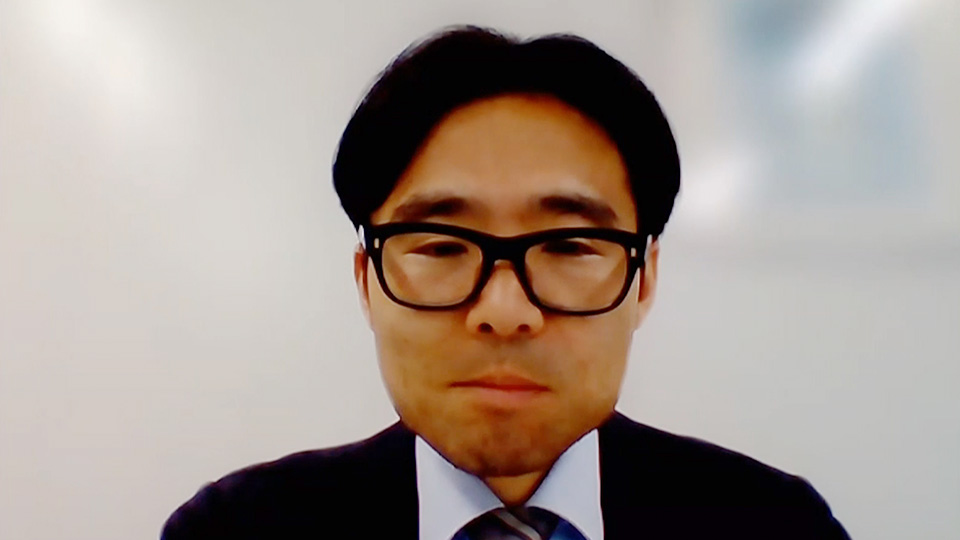
"There is a possibility that the Taliban may interpret their actions as having obtained a kind of tacit acceptance," he says. "It's important to explain to the Taliban about the issues, such as the disadvantages for Afghanistan if education for women does not resume, and continue discussions."
